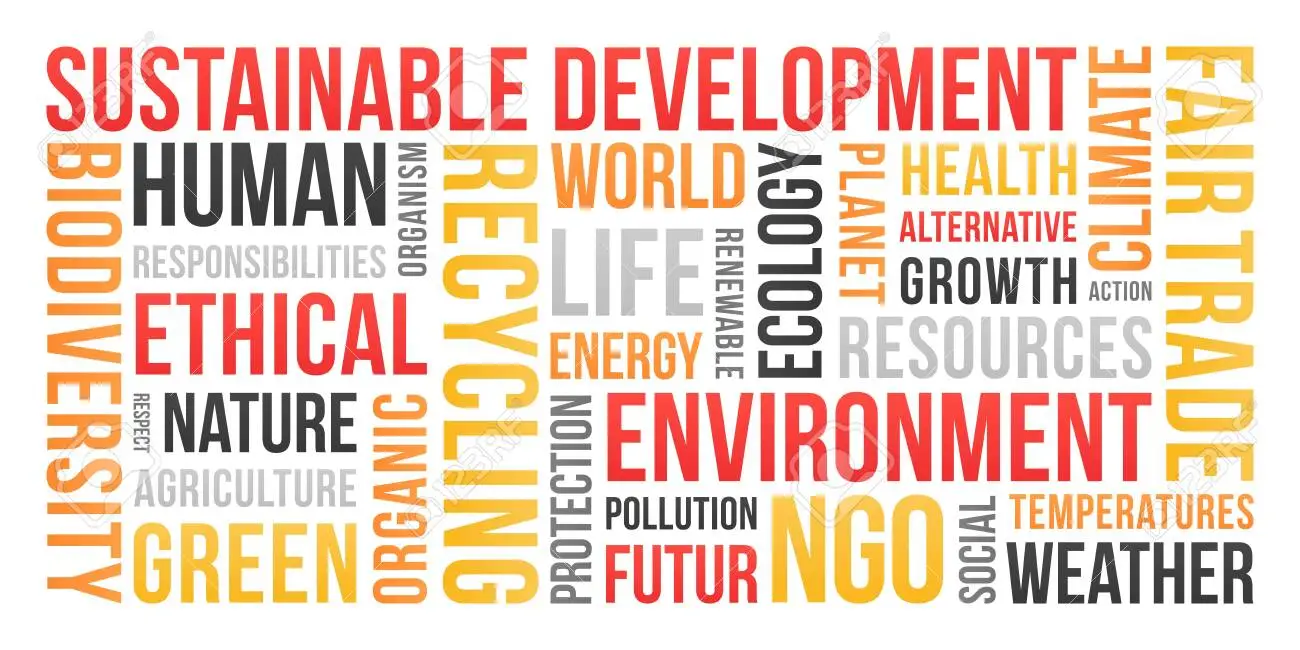Social discipline refers to the collective efforts and systems in place within a society to promote cooperation, maintain order, and uphold shared values and norms. It plays a crucial role in shaping the behavior of individuals, establishing harmonious relationships, and creating a stable and functional society. In this article, we will explore the meaning of social discipline, its significance, and the various mechanisms through which it is maintained. So, let’s delve into the realm of social discipline!
Introduction
Social discipline encompasses the collective efforts, rules, and systems established within a society to guide behavior, maintain order, and foster cooperation among its members. It serves as a foundation for harmonious coexistence and the functioning of a well-organized society.

Understanding Social Discipline
Social discipline involves the adherence to accepted standards, rules, and norms that govern behavior within a society. It encompasses both formal and informal mechanisms that influence individuals’ actions, promote social harmony, and discourage disruptive or harmful behavior.
The Importance of Social Discipline
Social discipline is crucial for several reasons:
- 1. Maintaining Order: It establishes a framework that ensures predictability, stability, and order within society, allowing individuals to coexist peacefully.
- 2. Promoting Cooperation: Social discipline fosters cooperation and collaboration among individuals by setting guidelines and expectations for acceptable behavior.
- 3. Protecting Rights and Safety: It safeguards individual rights, protects public safety, and provides a sense of security within the community.
- 4. Preserving Values and Culture: Social discipline helps uphold and transmit shared values, cultural heritage, and traditions from one generation to another.
- 5. Facilitating Social Progress: By promoting responsible behavior, social discipline contributes to societal progress, development, and the achievement of common goals.
Mechanisms of Social Discipline
Social discipline is maintained through various mechanisms, including:
1. Laws and Regulations
Legal frameworks, enforced by governing bodies, define acceptable behavior, outline rights and responsibilities, and establish consequences for non-compliance. Laws act as a deterrent and provide a basis for resolving conflicts within society.
2. Social Norms and Expectations
Social norms are unwritten rules that govern behavior and reflect shared expectations within a community. They guide individuals on how to interact, communicate, and conduct themselves in different social contexts.
3. Education and Socialization
Education systems play a vital role in imparting knowledge, values, and social skills to individuals, instilling a sense of discipline and shaping their behavior. Socialization processes within families, schools, and other social institutions transmit societal norms and expectations.
4. Social Control and Consequences
Social control mechanisms, such as peer pressure, public opinion, and social sanctions, influence individuals’ behavior by promoting conformity to social norms and deterring deviant actions. Consequences for violating social norms can range from informal social disapproval to formal legal penalties.
5. Community and Collective Responsibility
Communities foster social discipline by emphasizing collective responsibility. Engaging in community activities, volunteering, and participating in social initiatives create a sense of belonging, shared accountability, and a commitment to maintaining social order.
Benefits of Social Discipline
Embracing social discipline offers several benefits:
- 1. Social Cohesion: It promotes a sense of unity, solidarity, and cooperation among individuals, fostering strong social bonds.
- 2. Conflict Resolution: Social discipline provides a framework for resolving conflicts peacefully, ensuring justice and fairness prevail.
- 3. Safety and Security: By adhering to social discipline, individuals contribute to creating a safe and secure environment for themselves and others.
- 4. Efficient Functioning: Social discipline enables the smooth functioning of institutions, organizations, and society as a whole, facilitating collective progress.
Challenges and Criticisms
While social discipline is essential, it is not without challenges and criticisms. Some concerns include:
- 1. Potential for Oppression: Excessive enforcement of social discipline may infringe upon individual freedoms and lead to oppressive systems.
- 2. Cultural Variations: Different cultures and societies have varying norms and expectations, which can pose challenges in establishing a universally accepted social discipline framework.
- 3. Balance with Individual Autonomy: Striking a balance between social discipline and respecting individual autonomy is an ongoing challenge, requiring thoughtful consideration.
Conclusion
Social discipline plays a vital role in fostering cooperation, maintaining order, and upholding shared values within society. Through the mechanisms of laws, social norms, education, socialization, and collective responsibility, social discipline contributes to social cohesion, progress, and a harmonious coexistence. By embracing social discipline, individuals can actively participate in creating a thriving and well-functioning society.
FAQs (Frequently Asked Questions)
Social discipline refers to the collective efforts and systems within a society to promote cooperation and maintain order. Personal discipline, on the other hand, involves self-control and adherence to individual goals and standards.
Social discipline fosters responsible behavior, cooperation, and adherence to shared values, which are crucial for societal progress, development, and the achievement of common goals.
Yes, social discipline can vary across cultures due to different norms, values, and expectations within each society. However, certain fundamental principles of social discipline, such as respect for others and maintaining order, are universally valued.
When social discipline is not upheld, there can be an increase in conflicts, disorder, and a breakdown of social cohesion within society. This can lead to a lack of trust, decreased safety, and hindered social progress.
Individuals can contribute to social discipline by adhering to social norms, participating in community activities, respecting others’ rights, and taking responsibility for their actions.
https://leverageedu.com/blog/speech-on-discipline/
Institutional Discipline: Fostering Order, Accountability, and Success (2023)
https://keydifferences.com/difference-between-discipline-and-punishment.html






